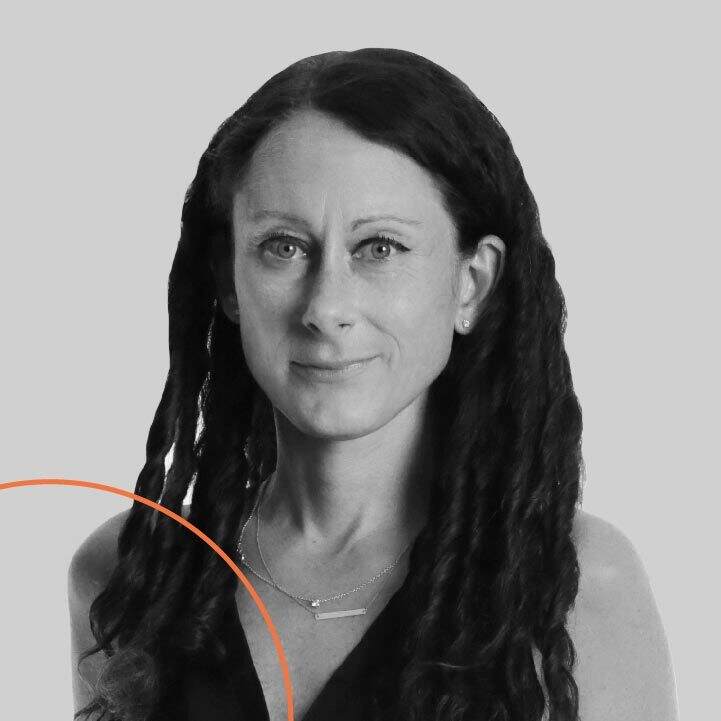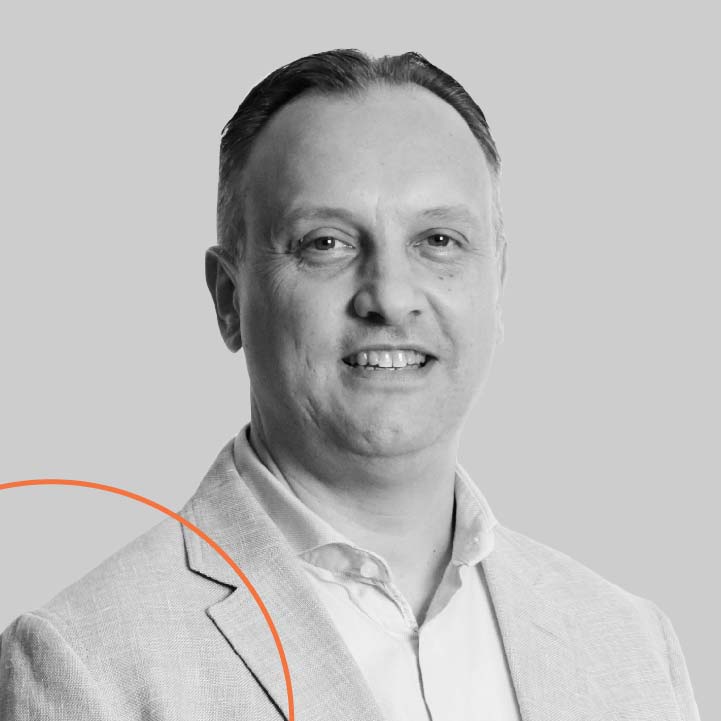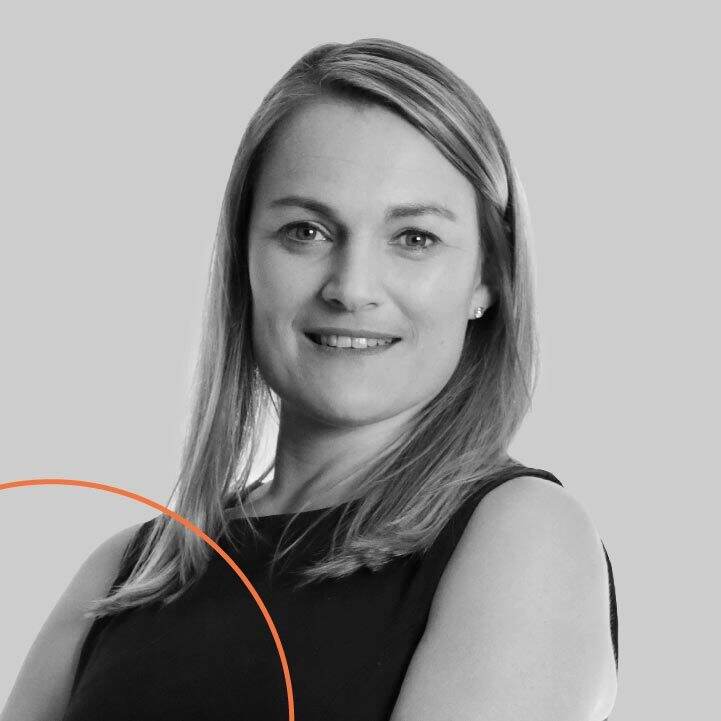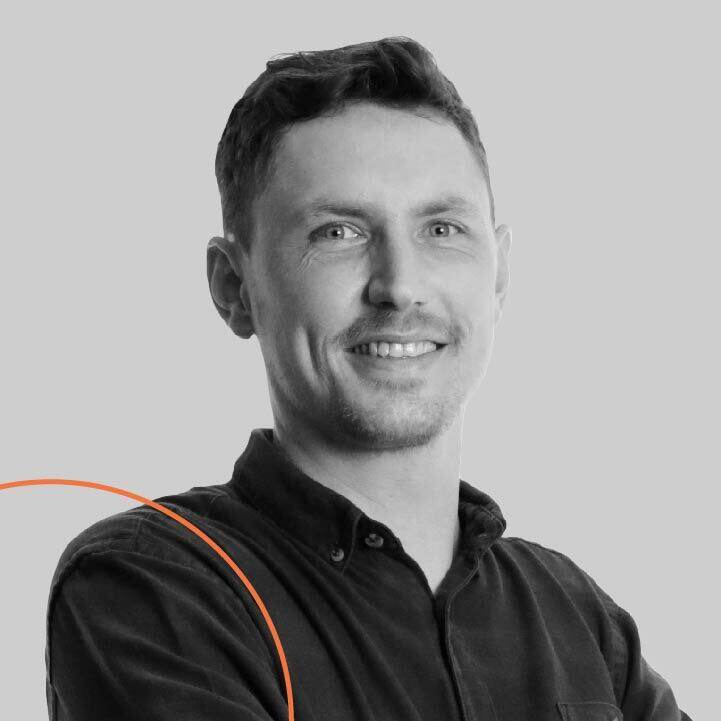Telecommunication companies have invested great sums to build their infrastructures, bringing networks to fruition.
Those infrastructures provide the public with mobile, internet, and other digital services. This intensified with the smartphone.
Those infrastructures provide the public with mobile, internet, and other digital services. This intensified with the smartphone.
Why? They know mobile saturation has reached a peak. Mobile operators, in well-established markets, are aware that future growth resides outside of core SIM cards and smartphones.
Vodafone Germany is a great example of a telecommunications company conducting this type of hyper disruption. They are turning to new business models to grow revenues, increasingly connecting the world with content. In Vodafone Germany’s business case, this is about convergence. The merging of mobile, fixed line, cable, and internet (aka the “quad play”).
Revenues
Mobile subscribers
Fixed broadband customers
Deeming themselves as “the Gigabit company,” Vodafone Germany is building the GigaNetwork through its next generation 5G mobile networks and their acquisition of leading cable network operator, Unitymedia. As a leading mobile operator, upwards of 60% of Vodafone Germany’s revenues came from mobile subscribers. Through hyper disruption, Vodafone Germany’s business is moving this majority from mobile to fixed and internet, becoming a convergent player. Vodafone’s entire business model and go to market strategy is changing from viewing customers as individuals to viewing customers as households – where fixed line, cable, internet, and mobile services are tightly coupled.
The decision to acquire Unitymedia, shifted Vodafone Germany from being a mobile operator to a fixed operator with mobile capabilities.
Today, for consumers who are both Vodafone Germany mobile customers and Unitymedia fixed line customers have reasonable expectations that their contracts, services, bundles, and future offers are integrated. More so, consumers expect the ability to enter a Vodafone retail store or a Unitymedia store and purchase fixed line services, and vice versa, purchase Vodafone mobile services, immediately following the legal operational day one of the acquisition.






“Looking at addresses, you start to understand how the customers live together, and suddenly realize there are some people who don't take on their husband's surname when they get married or there's a multi-family house, and so forth.
The assumption was that you had one fixed product within a household. What customer would have two fixed net products in the household? You're talking about an internet connection and then a landline service from two separate providers, or one from DSL and one from cable.
What was really interesting was when we started matching this data together, we realized that there are indeed customers that have two fixed net products in their household, which was something that business did not believe would happen unless it was in a separate state (such as a child away at the university).
So that was a moment where the data had proven the business intuitions wrong.”
Juliette Aucamp
Business Intelligence Partner at Vodafone Germany
“You bring input and everything you have around it, which makes you know what is the best ‘what’ for the best ‘why.’” With data being at the core of Vodafone Germany’s business. Karami expanded, “we already execute different matching algorithms across the organization. By bringing them together and defining with the stakeholders our entire KPI reconciliation process, we were quickly able to own the final version and include the Unitymedia acquisition. We presented a viable new business model for Vodafone Germany.”
“We brought together an understanding of our common customer base and the households we have together which have completely separate footprints from what Vodafone alone has on the cable side. There is a potential of gaining new households which have cable, and now these households have the opportunity for discounted mobile on top, which is quite interesting for those customers. Bringing this data together, merging it fast, actually allowing the business to go out on the commercial day one with our campaigns and communicating to our customers new offers available to them. That's quite a success on combining data and interpreting it in a clever way.”
Michael Weichert
Head of Central Analytics and Business Partnering
Vodafone Germany quickly identified 17M households where Vodafone and Unitymedia subscriptions may be converged. As consumers, this means one service bundling and a convergence of offers and promotions.
For Vodafone and Unitymedia, quickly integrating businesses means not only being operationally ready on legal day one of an acquisition, but also accelerating business continuity for more immediate returns. With a population of 83M, the revenue growth for up-sell and cross-sell and new customer acquisitions is bright. This is an undertaking that is possible through the speed and scalability of Teradata.
Find out how Teradata VantageCloud can help you to accelerate business outcomes and provide business agility you need.
Our sales representatives are here to help.
Streamlining the complexities of banking.
Read full storyCustomer experience builds a runway for the future.
Read full storyFor Unilever, cloud modernization supports better, more data-driven decision-making.
Read full story